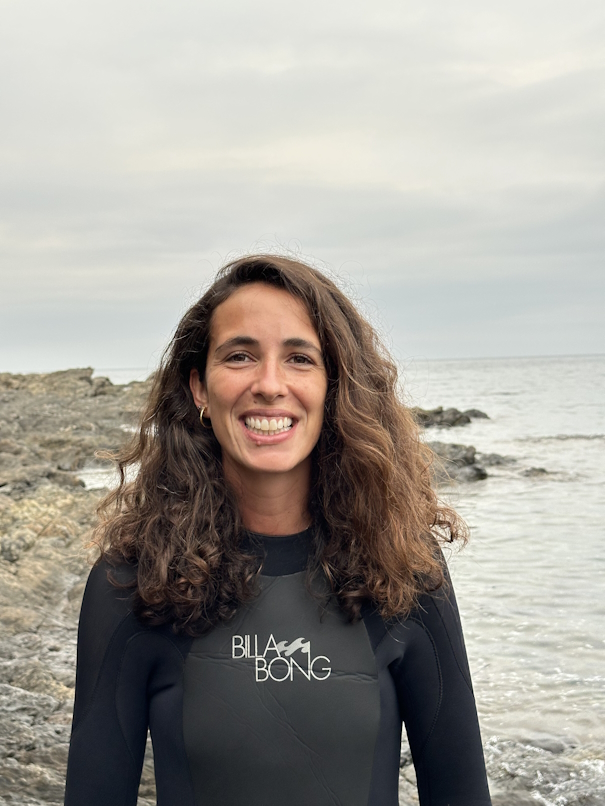
Clàudia Auladell Quintana
My interests in marine biology are broad and include all kinds of research conducted along the northern coast of Catalonia: from the ecology and acoustics

My interests in marine biology are broad and include all kinds of research conducted along the northern coast of Catalonia: from the ecology and acoustics
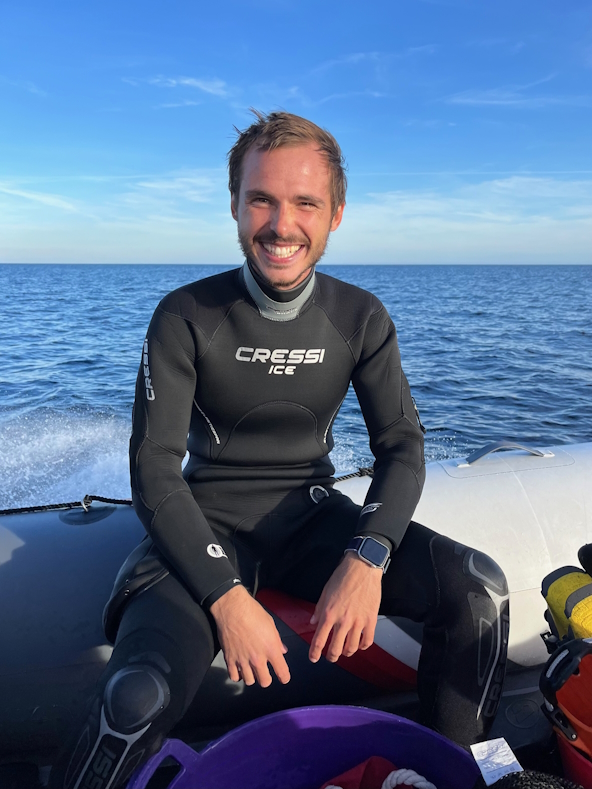
Francesco Martini graduated in marine biology in Ancona at the Polytechnic University of Marche (UNIVPM). During this period, he performed his thesis on the phenology
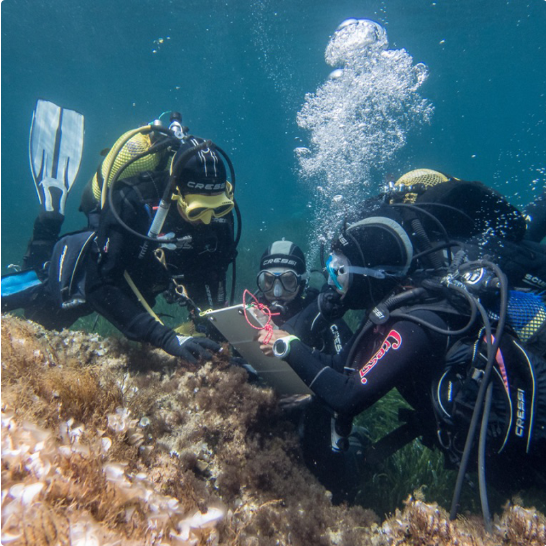
The research is closely linked to the effects of global change and how it can erode the resilience of habitat engineers such as macroalgae. It seeks to propose conservation priorities and contribute to preventing and avoiding the collapse of marine ecosystems.
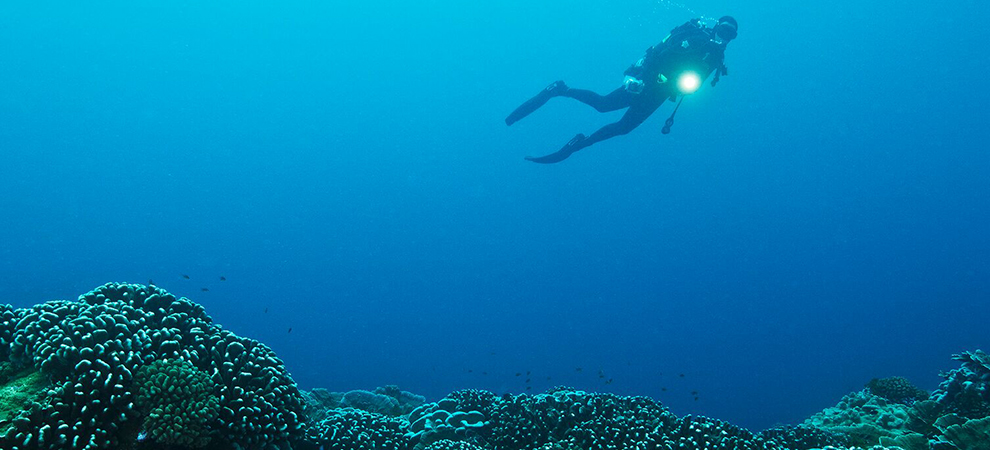
Research project to evaluate the effects of anthropogenic pressures on ecosystems, including the detection and monitoring of invasive species, the consequences of increasing temperatures and eutrophication, among others.
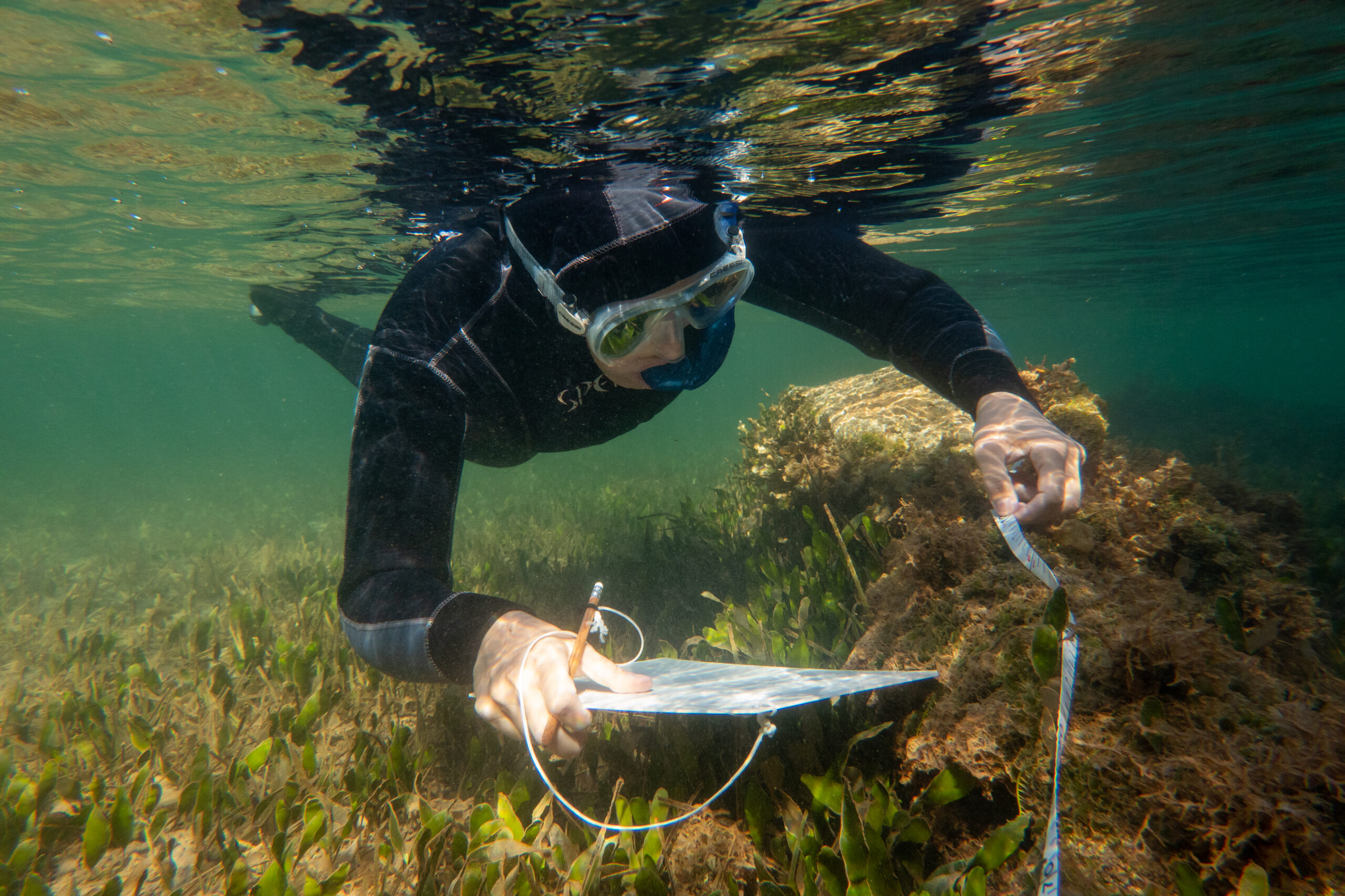
The development of effective strategies for the conservation of Cystoseira residual forests based on new tools to monitor them is of fundamental importance today. This project has been designed to provide these tools and assist environmental policy makers in the management of Cystoseira forests.
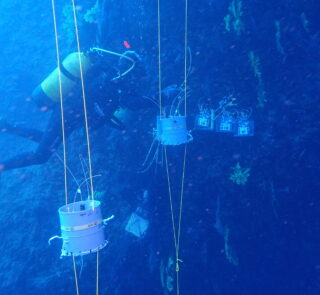
Existing research on coastal blue carbon focuses primarily on carbon sequestration as plant biomass, while the mechanisms that control MOD export and the processes that transform dissolved organic matter (DOM) and recalcitrantly sequester it ( MODR) are largely little known.
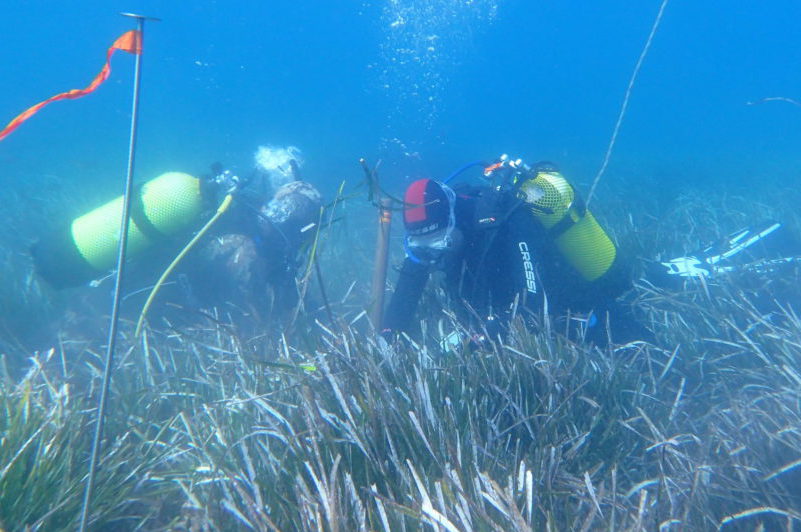
Change in ecosystems occurs over multiple temporal and spatial scales. Discriminating between actual changes, cycles and trends is often difficult or impossible without an adequate temporal perspective, since multiple processes interact at multiple temporal and spatial scales.
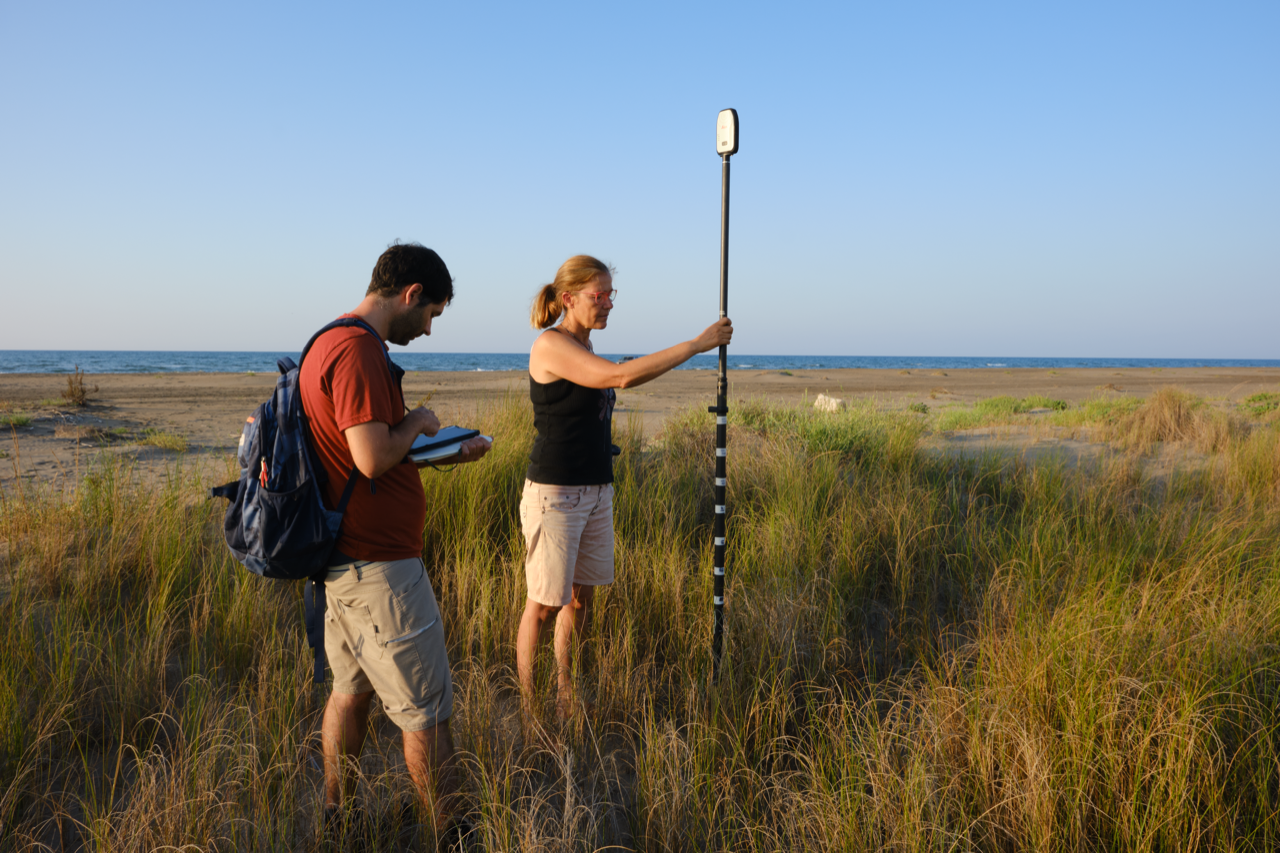
The project, with an explicitly interdisciplinary vocation, seeks, first of all, to document the role of storms as agents of change for Mediterranean coastal vegetation, both emerged and submerged (underwater meadows, marsh vegetation and dunes).
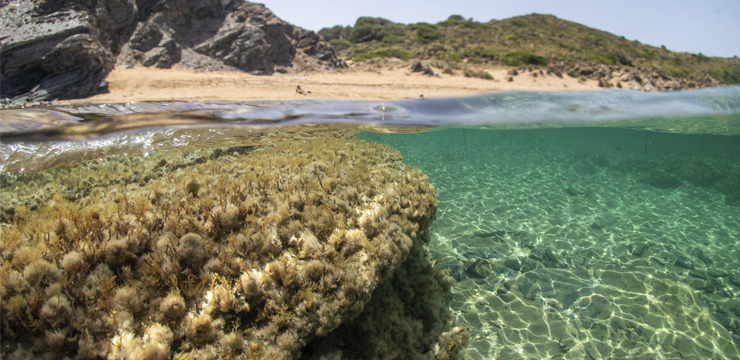
Blue Forests, such as macroalgal forests, seagrass meadows, salt marshes and mangroves, are vegetated coastal habitats that cover enormous areas around the world, providing various types of ecosystem services.
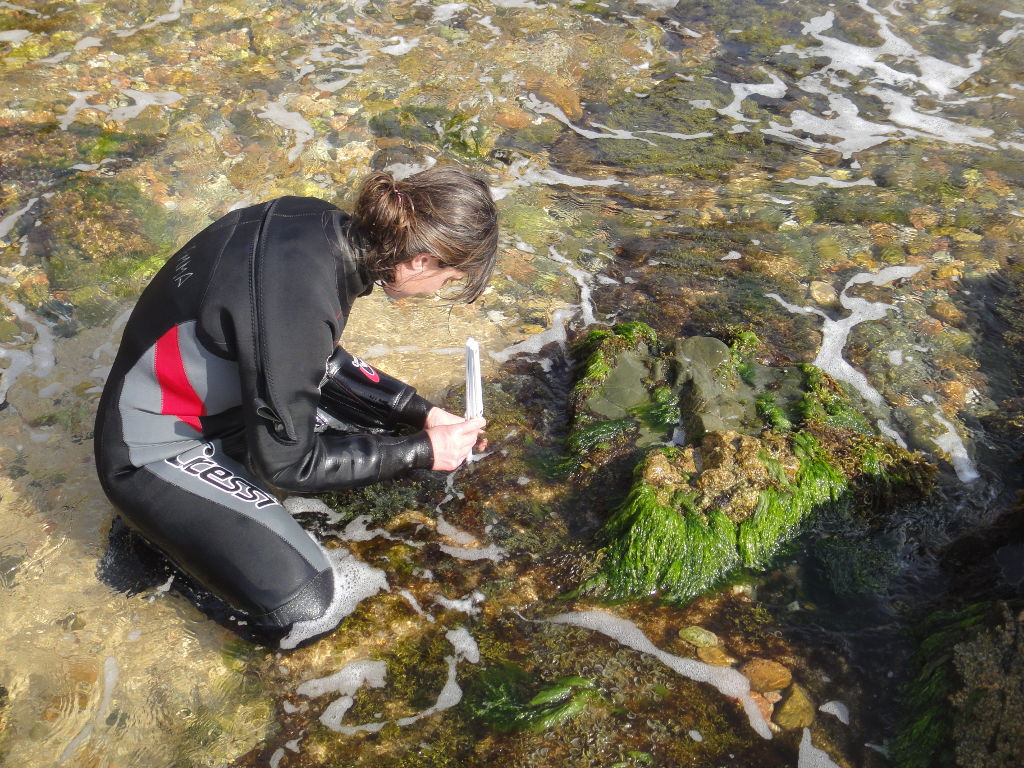
This project aims to restore damaged populations by incorporating new juvenile individuals raised in laboratory conditions and establish new restoration protocols that do not spoil existing populations.
C/ d’accés a la Cala St. Francesc, 14
Blanes – Girona – 17300 (ESPAÑA)
Phone: +34 972 336 101
E-mail: info@ceab.csic.es